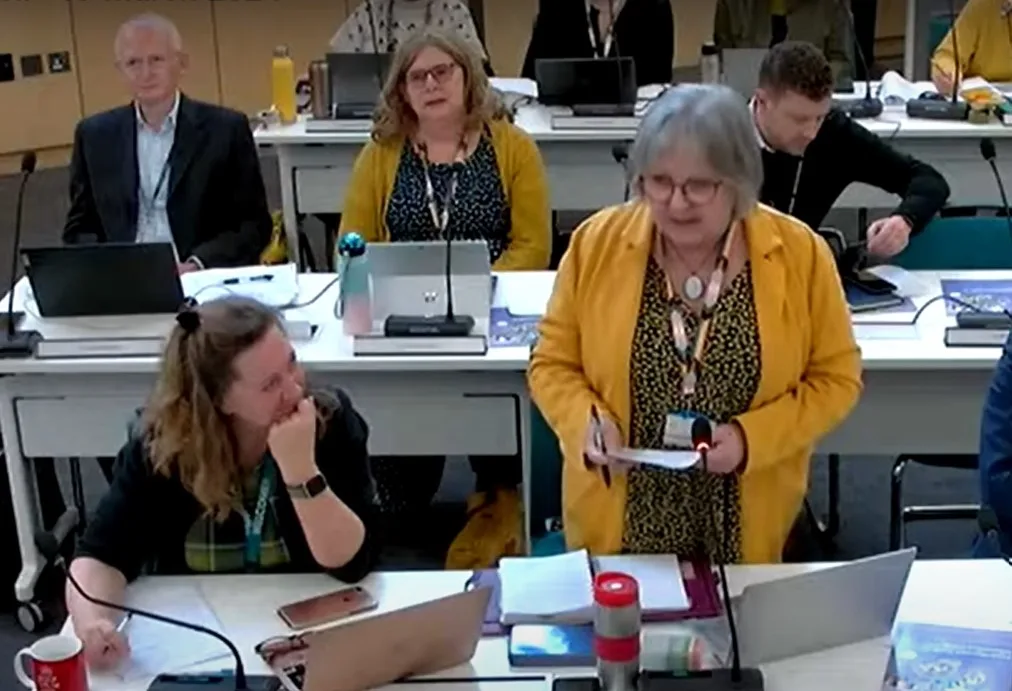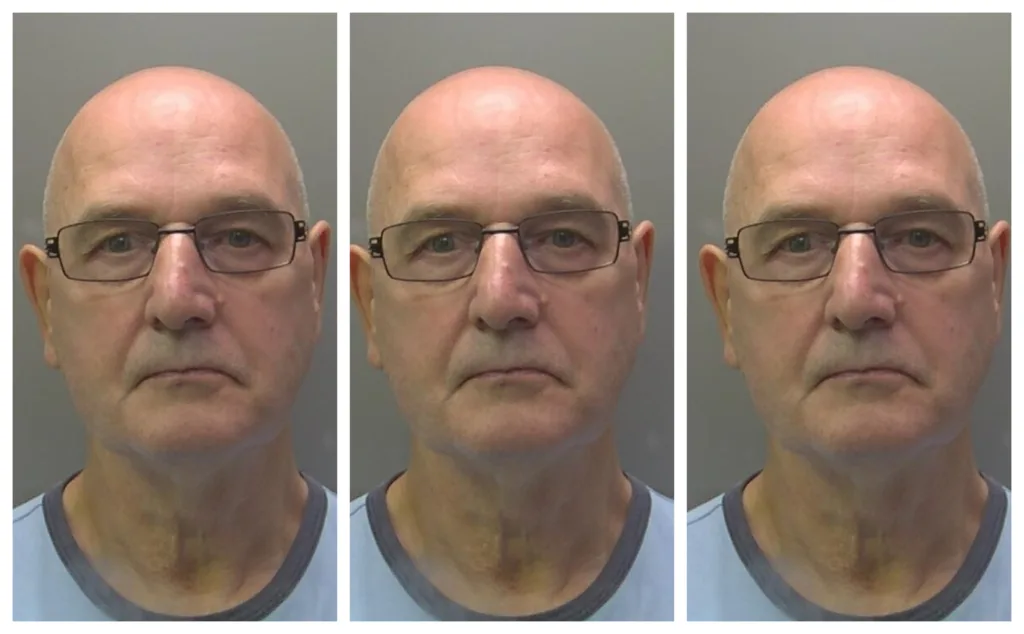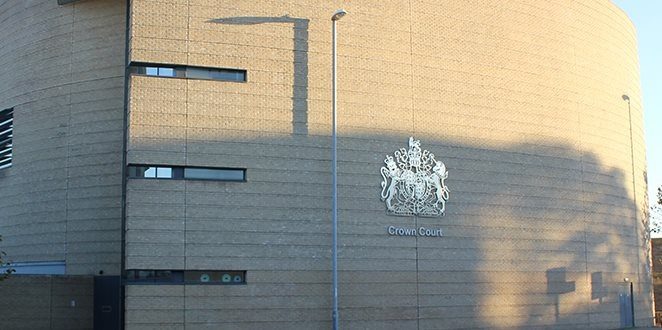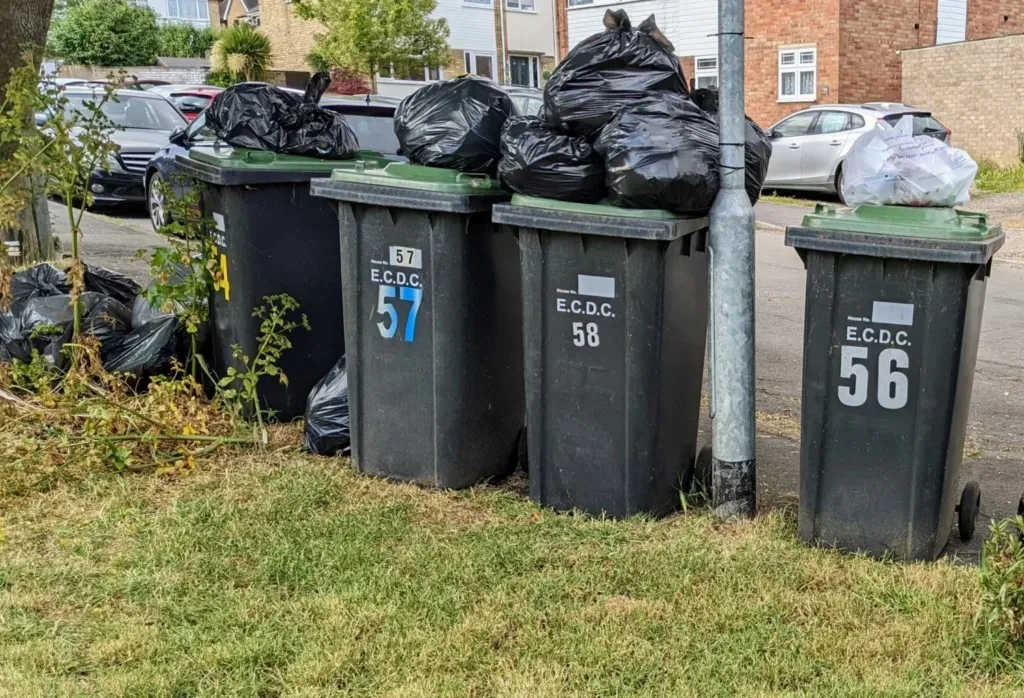Every product bought by Cambridgeshire trading standards officials to test lithium-ion batteries was found to be “dangerous and the battery non-compliant”. The county council revealed the outcome of the tests in the trading standards annual report which will be presented to the communities, social mobility and inclusion committee on January 16.
The report’s author is the executive director of place and sustainability Frank Jordan, who says: “Lithium-ion batteries are posing problems not just for e-scooters and bikes, but for other household appliances, such as cordless vacuums”.
Trading standards, he says, too part in a regional test purchasing project sampling products from well-known online platforms.
“Every product tested by the trading standards authorities within the region failed,” he says.
“The Cambridgeshire product was a replacement battery and charger falsely branded with a well-known vacuum brand. The charger was found to be dangerous, and the battery was non-compliant.
“The charger was purchased via an online platform and the seller purported to be based in England, but further investigation revealed it was a direct import from China, with no UK importer.”
Mr Jordan says the web platform was required to withdraw the products from their website and contact all purchasers.
“Current legislation does not make online selling platforms responsible for goods fulfilled and distributed by them,” he says.
“Such is the scale of the problem, a council motion recently called for a better regulatory framework for these products, backing a campaign being led by Lord Foster in the House of Lords.”

The motion for a better regulatory framework received unanimous support when it was presented to full council last October by Lib Dem councillor, Lorna Dupre.
She said that when lithium-ion batteries overheat, they become unstable which can lead to thermal runaway where a battery undergoes rapid and uncontrolled chemical reactions.
“Thermal runaway cannot be stopped when it occurs, the result often being an explosion and fire. This process can be triggered by several factors such as overcharging, physical damage to the battery (crush, drop, impact, shock, vibration), exposure to extreme temperatures, and manufacturing faults,” she said.
“If a lithium battery is dropped, it remains unstable for up to 72-hours afterwards and should not be charged. “
Cllr Dupre added: “The consequences of thermal runaway can be devasting. The fire in the early hours of the 30 June 2023 in Cambridge took the lives of a mother and two children. The father survived but spent many weeks in hospital. The fire took rapid hold in the house. It was started by a replacement e-bike battery purchased online after the original was stolen.”

Since January 2023 Cambridgeshire Fire and Rescue Service have attended ten fires involving batteries in refuse lorries and thirty-three fires have involved batteries.
“The Cambridgeshire and Peterborough Waste Partnership (RECAP) have advised that battery fires are also a growing threat to their waste collection crews,” said Cllr Dupre.
https://twitter.com/cambsfrs/status/1756694727141859698
Cllr Dupre’s motion invited the council to recognise and welcome the work undertaken by Lord Foster and Electrical Safety First regarding the introduction of new legislative provisions to improve the safety of lithium-ion batteries.
The focus of their proposal is three clauses requiring:
– third party independent approval-testing for e-bikes, e-scooters, and their batteries before entering the UK market.
– Government to establish regulations for the safe disposal of used lithium-ion batteries.
– controls to address specific fire concerns ensuring safer access, charging, and storage of lithium-ion batteries.
The council agreed to endorse the proposal by Lord Foster and Electrical Safety First in respect of lithium-ion batteries.
https://twitter.com/cambsfrs/status/1820489986489077929
And the council has now written to the Minister of State for Policing, Fire and Crime Prevention The Rt Hon Dame Diana Johnson DBE MP “to encourage the Government to support new legislative provisions to achieve the proposal’s objectives”.
The council has also written to Cambridgeshire Fire Authority and RECAP urging them to make their own representations to the minister.



























